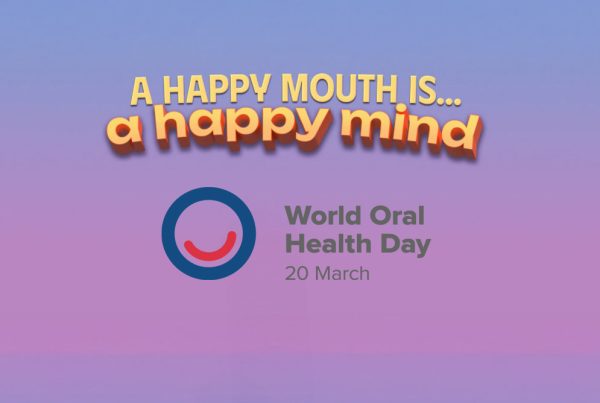The NHS is launching its first-ever Diabetes Prevention Week from 16th – 22nd April.
It’s estimated that over five million people in England are at high risk of developing Type 2 diabetes. Here at 543, we’re keen to help raise awareness of the disease in general, but particularly of its impact on dental health. For example:
- Check your gums. If you have been diagnosed with diabetes, you are 3 to 4 times more likely to develop periodontal disease- with a higher rate of more severe levels of bone loss and gum infection.
- Gum disease is a common complication of diabetes. During the past 10 years, much research has been undertaken on the link between diabetes and periodontal disease.
- Keep diabetes under control to keep your mouth healthy. If you have poorly-controlled or high blood sugar, you have a higher chance of dry mouth, gum disease, tooth loss, and fungal infections like thrush.
- Strengthen your immune system. Infections or stress can contribute to a higher blood sugar, which in turn could make your diabetes harder to control.
- Tell your dentist if you have diabetes and what medicines you take! People with diabetes are more likely to have oral infections. Ensure you keep regular dental appointments.
- Maintain good oral health with regular check-ups and professional cleanings. Your dentist can teach you the best ways to care for your teeth and gums at home.
- Diabetic denture wearer? Loose-fitting or poorly-maintained dentures can lead to gum irritation and infections. It’s important to talk to your dentist about any changes in the fit of your dentures. Remove and clean your dentures daily to help lower your risk of infection.
- Definitely don’t smoke. If you have diabetes and you smoke, you have even higher odds of developing gum disease. Tobacco can damage tissue and cause receding gums. It can also speed up bone and tissue loss.
- Regular dental visits lead to early detection of gum disease. Regular dental check-ups are important because your dentist can spot gum disease even when you don’t have any pain or symptoms.
- Stay vigilant. Examine your teeth and gums yourself for early signs of trouble, as infections can move fast. If you notice redness, swelling, bleeding, loose teeth, dry mouth, pain, or any other symptoms that worry you, talk to your dentist straight away.
- Stay healthy. Diabetes can lower your resistance to infection and slow the healing process. If you are due to have oral surgery, your dentist may prescribe antibiotics to minimise the risk of infection. To help the healing process, keep your blood glucose levels under control before, during and after surgery.
- Join the club. If you, or someone you love, is living with diabetes, we strongly suggest you consider joining 543 Dencare. This is our in-house ‘dental health club’ and includes all of your preventive care, including two dental check-ups and two hygienist visits per year, all from as little as £12.87 per month. 543 Dencare is a great way to help ensure diabetes doesn’t get the best of your teeth. Call us today on 07772 640585 to learn more.



